To provide the best experiences, we use technologies like cookies to store and/or access device information. Consenting to these technologies will allow us to process data such as browsing behaviour or unique IDs on this site. Not consenting or withdrawing consent, may adversely affect certain features and functions.
The technical storage or access is strictly necessary for the legitimate purpose of enabling the use of a specific service explicitly requested by the subscriber or user, or for the sole purpose of carrying out the transmission of a communication over an electronic communications network.
The technical storage or access is necessary for the legitimate purpose of storing preferences that are not requested by the subscriber or user.
The technical storage or access that is used exclusively for statistical purposes.
The technical storage or access that is used exclusively for anonymous statistical purposes. Without a subpoena, voluntary compliance on the part of your Internet Service Provider, or additional records from a third party, information stored or retrieved for this purpose alone cannot usually be used to identify you.
The technical storage or access is required to create user profiles to send advertising, or to track the user on a website or across several websites for similar marketing purposes.
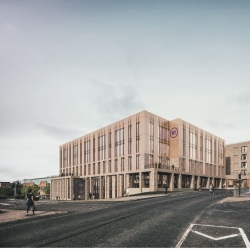 BT has today announced plans to develop a brand new, multi-million pound contact centre in Dundee which will become the new home to around 1,000 employees. The new office will be at West Marketgait in the heart of the city centre, close to the waterfront and part of a £1bn regeneration area. When the building is complete, expected in late 2023, the contact centre will be one of around 30 of BT’s new future-fit offices in the UK, developed as part of its ‘Better Workplace Programme’ – the largest workplace improvement and consolidation scheme of its type ever undertaken in the UK. (more…)
BT has today announced plans to develop a brand new, multi-million pound contact centre in Dundee which will become the new home to around 1,000 employees. The new office will be at West Marketgait in the heart of the city centre, close to the waterfront and part of a £1bn regeneration area. When the building is complete, expected in late 2023, the contact centre will be one of around 30 of BT’s new future-fit offices in the UK, developed as part of its ‘Better Workplace Programme’ – the largest workplace improvement and consolidation scheme of its type ever undertaken in the UK. (more…)




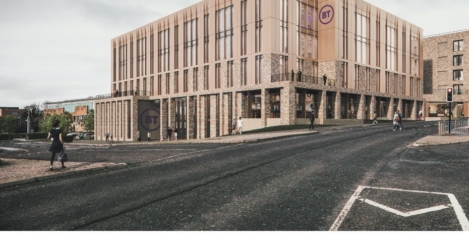
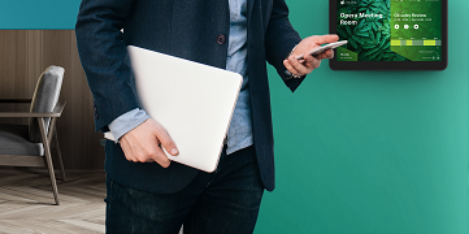
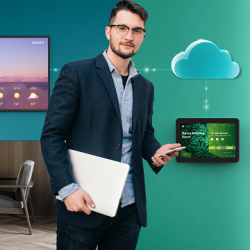

 A large majority of the public are concerned about rising unemployment (82 percent), day to day living costs (80 percent), and low economic growth (77 percent), according to a
A large majority of the public are concerned about rising unemployment (82 percent), day to day living costs (80 percent), and low economic growth (77 percent), according to a 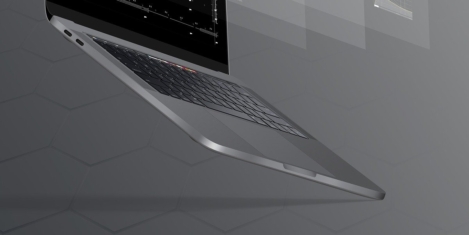
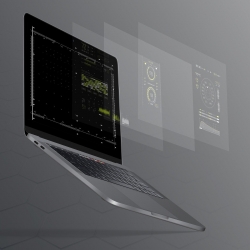 The COVID-19 pandemic has led to a surge in digital learning with seven in ten organisations (70 percent) reporting an increase in use of digital or online solutions over the last year, according to the latest Learning and Skills at Work report from the
The COVID-19 pandemic has led to a surge in digital learning with seven in ten organisations (70 percent) reporting an increase in use of digital or online solutions over the last year, according to the latest Learning and Skills at Work report from the 
 A shift to remote working in the pandemic has made starting a new job even more challenging and the Government must recognise the vital role managers have to play as it works to ensure the success of its £2.6 billion job drive.
A shift to remote working in the pandemic has made starting a new job even more challenging and the Government must recognise the vital role managers have to play as it works to ensure the success of its £2.6 billion job drive. 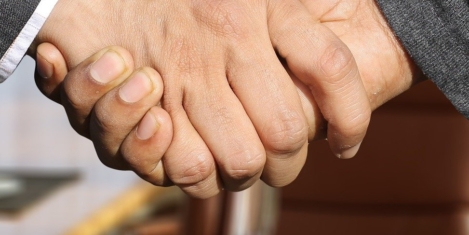
 UK employers are the most optimistic about hiring in eight years, according to the latest
UK employers are the most optimistic about hiring in eight years, according to the latest 
 New research from
New research from 
 A new report launched by the
A new report launched by the 
 New research by
New research by 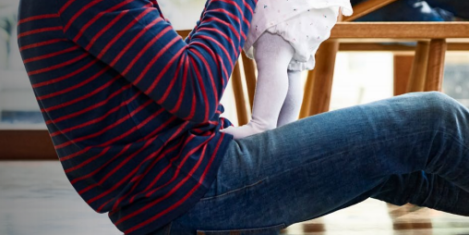
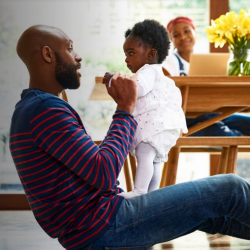 A survey released by
A survey released by 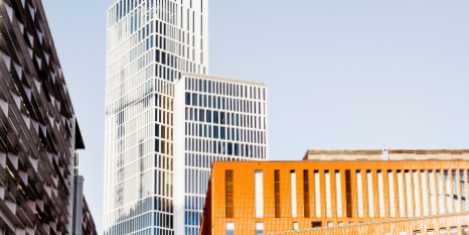
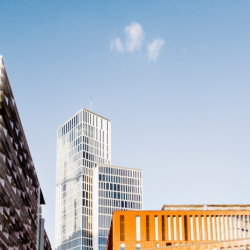 The real estate industry needs to transform to serve the needs of people and cities in the next decade, according to a new report released by the
The real estate industry needs to transform to serve the needs of people and cities in the next decade, according to a new report released by the 








May 20, 2021
Is the time right for office furniture as a service?
by Joanna Knight • Comment, JK, Workplace design